

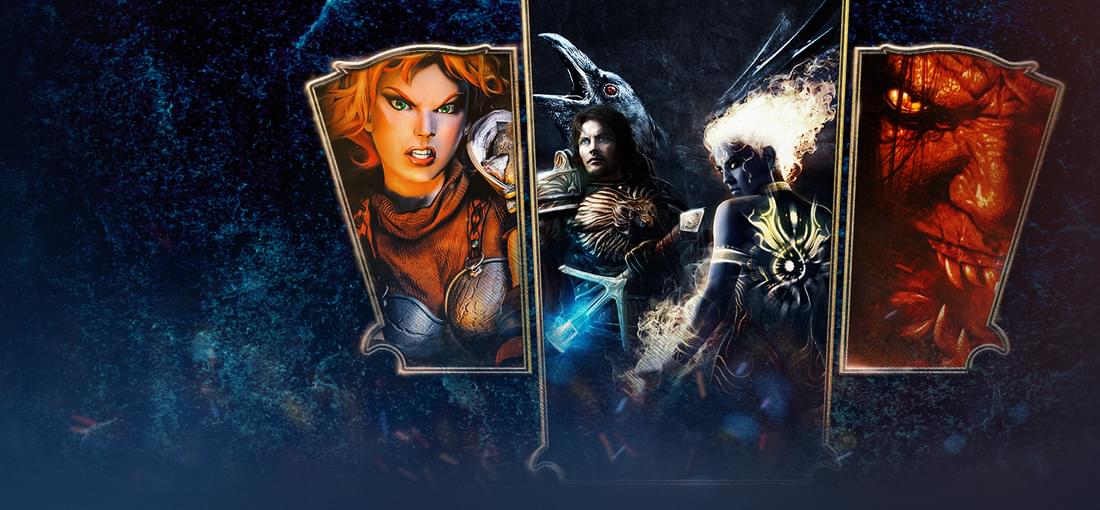
In short: - Dungeon Siege 1 is fun, at least for a while (everyone will tell you the same story: it was fun and there was a point where you leave it because it is very repetitive). It was groundbreaking at the time because of the lack of loading times so the exploration felt really epic, getting from forests to caves, to really underground crossing a lava bridge to outside again, and the Jeremy Soule music makes it double the epic. But there is a point where you just say "ok, enough". It's a bit less clickity than Torchlight, Titan Quest being the most similar game around. It lacks the expansion, as noticed. - Never played DS2 for too long. It's known as being a bit more RPG than a left mouse click feast. - DS3 is a more story driven take on the ARPG, which is a nice touch and I would have loved it if it were not for that camera that only allows to see 5 meters around you. And the controls that are a total mess. Obsidian, as usual, write very well, but I guess that they either did not care much about the controls and camera on PC or they did not have time to fix that. Which makes the game, sorry to say, quite unplayable.
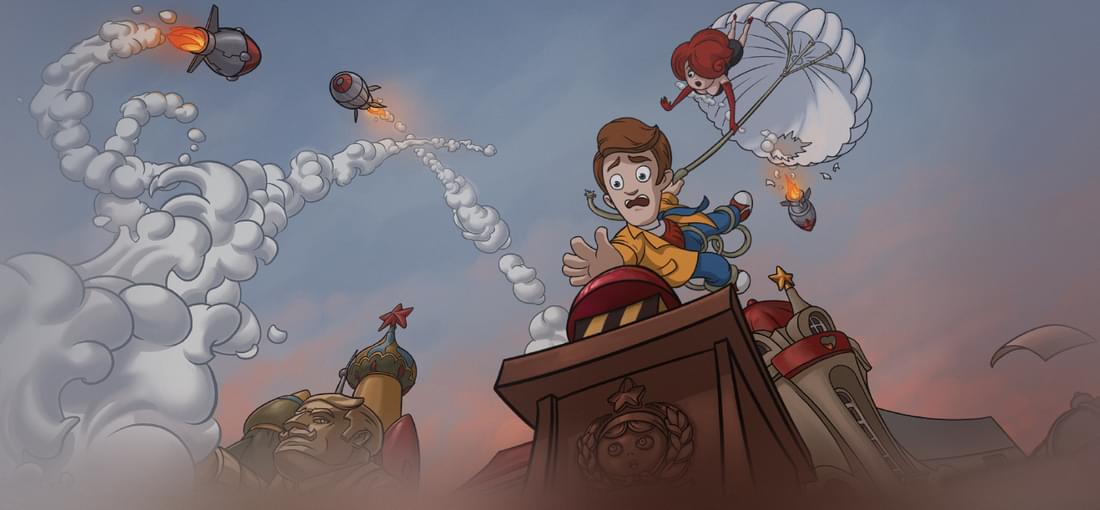
Humorous first point n click game from the casual masters Artifex Mundi, it is a very lighthearted adventure in all sense that of course some people would take as hardcore political criticism because we live in this kind of world today (at most it makes some fun of the tankies, but in a very veery slight way), but the chore important parts which are writing, characters, scenarios and puzzles, are very polished. Actually they seem an evolution of the casual adventure games, which is fine by me. Recommended.
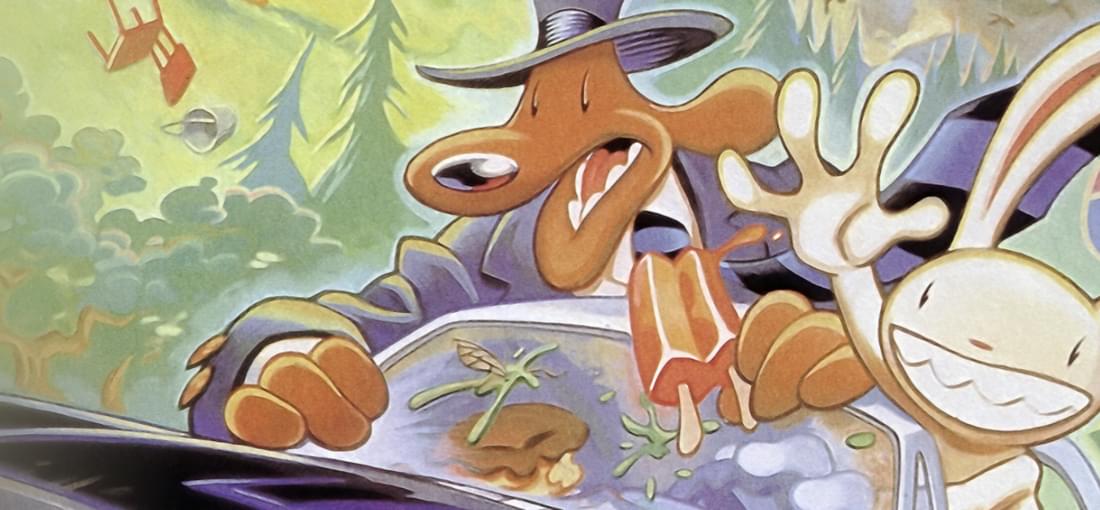
I am pretty sure this review will be lost among pages and pages or words, but anyway, my important opinion: Sam&Max was developed in a kind of rush after Day of the Tentacle (and it shows - some characters are recycled from that game, a habit that would be followed up in the Telltale series) but it shows a professionalism from Lucasarts at that era that is almost scary. The plot is a satire of USA tourist traps (I was surprised when I learnt that all the places of the game either exist or exist in a very similar manner), the design is open ended as only Lucasarts really knew how to do it, and the production values are pretty. It may not have the same character as their other adventures, mostly because they get humour and characters from a franchise whose humour was different from a DOTT or Monkey Island, but this turns out into a laidback sunny "road movie" adventure that never feels totally unfair in its enigmas and puzzles. Ok, the interface is not the best (I get tired of right clicking over and over) but the digs at the awesomely ugly and laughable museums are golden. And most of all, I love the kind of Marx brothers chaos nature of it all. No, most of all: it planted the seed for the Telltale adventures.
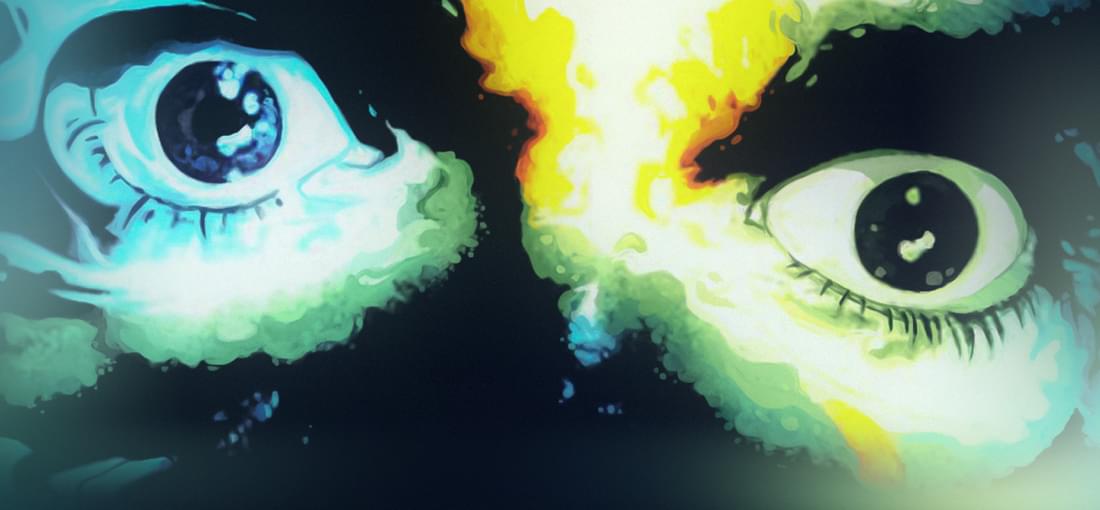
Ok, I won't say that Flashback is a masterpiece or old memories blah blah... well, I will: it was one of my favourite games for long, kept me awake with red eyes until I beat it, its second level is still amazing, but from the fourth onwards it gets insanely unfair. It is a 1993 platformer with some design decisions that now would be changed, but as I played this one to death (as well as Another World or Heart of Darkness just to name two) I decided to buy it. Hey Paul Cuisset, good work here. Of course I know the original as if I was dancing a choreography, so I expected a few upgrades and options in this rerelease. The remastered music and FX are here and they are very welcome (the original Flashback sounds were sampled in a awful rate probably for performance reasons) but the original had a very weird resolution, 240x128 and upscaling the graphics just does not work. They could have resample them carefully, but Microids just threw some filters. The only music options are the PC OPL3 (Sound Blaster, Adlib) and the remastered one, with no option for the Amiga or SNES one (which makes this version not better than Reminiscence). And the filters, the upscaling, make this game as ugly as porn in 4k. I still love this game: it was a take on Prince of Persia through the Total Recall kind of sci fi that has a lot of atmosphere. But I am not sure this is the better way to pay homage to it. Anyway, better than the remake of a few years ago, and still better than the holy amount of bad games Cuisset has released since the 00s.
Like I said in the title; I love pinball games, I played Epic Pinball, Adventure Pinball, Pinball Fantasies, Psycho Pinball and even Pinbo back in the day until my eyes hurt, so I always adored the computer takes on the genre. But this game is awful because that simple thing: the camera. It never gives you a proper general view. It is never useful. It is always doing some weird angles as if you were an ant playing. Who beta tested this?
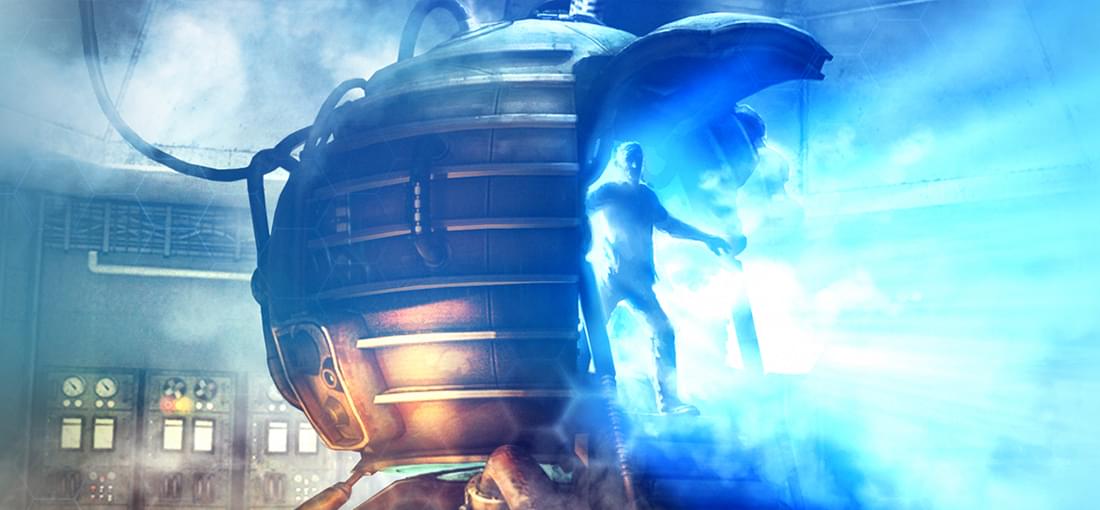
What a disappointment. Given the credentials and the very Soma premise I expected the typical adventure tropes of unravelling a mistery reading old diaries while you examine the world and try to fit the pieces, but instead of that, ok, you get the diaries, but the exploration is minimal and the puzzles are the worst kind of mechanical puzzles. It looks like something that was thought to me used with touch controls, which makes it awful to control with the mouse. And the puzzles? Doing 7th Guest kind of stuff to advance the plot? Only worked back then because of the novelty factor. And there are too many sliders, and I already disliked sliders. Play it only if you already have finished the Kingart, Daedalic, Wadjet Eye, Future Games, Cranberry, Telltale (etc) adventures before.
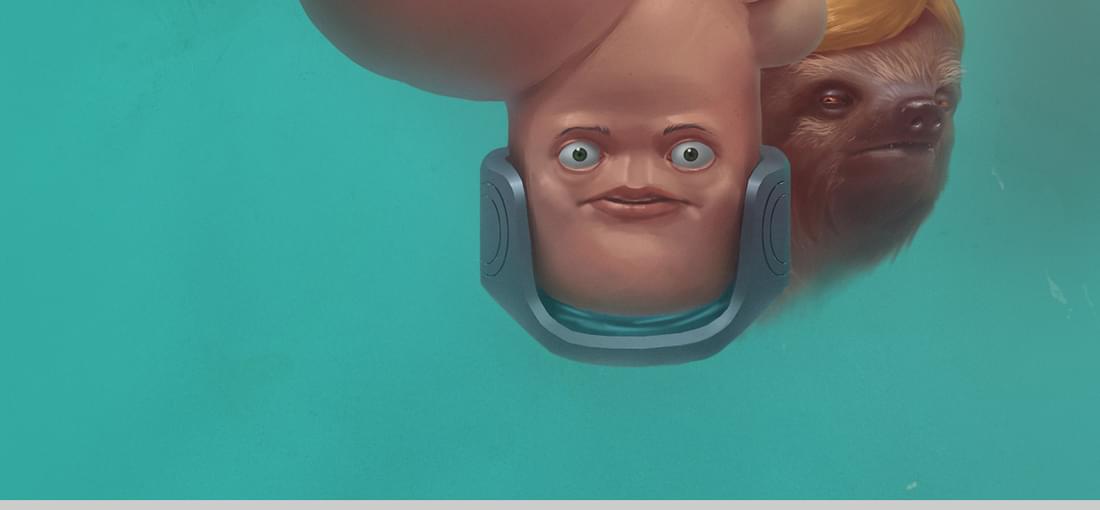
Take this 5 stars as "I really really liked it". Paradigm reminds me of those times where I played a game that I did not know from anywhere and it turned out to be a pretty brilliant adventure. Jacob Janerka knows about adventure game design, he knows how to write, he knows how to make fun of things, he knows how to make fun of himself. Paradigm is never too difficult and that is not a bad thing (though some clues are not as conveniently repeated as others), and Paradigm hits everywhere with its humor, so when you are not laughing out hard you are at least in awe of the level of madness behind it. I loved it. It's beautiful to see, beautiful to hear and a pleasure to play. I hope to see more games from Jacob.